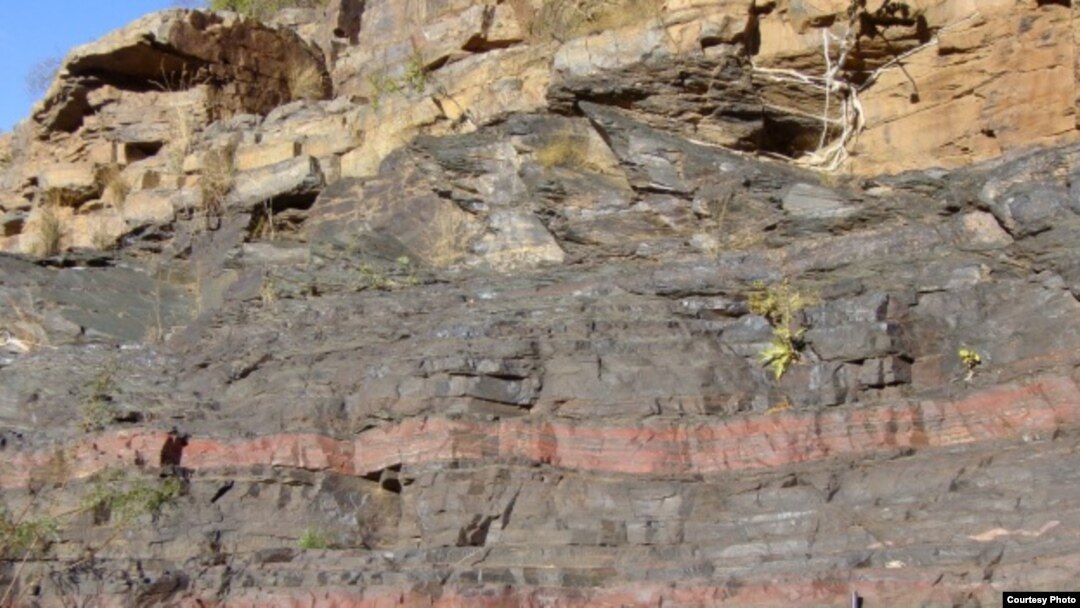Life may have started on Earth much earlier than previously thought, according to new research.
Scientists from the University of Copenhagen and University of British Columbia (UBC) analyzed 3 billion year-old soil in South Africa and say they found evidence that low levels of oxygen had already started to accumulate then. That’s 700 million years earlier than prior estimates. The South African soils are believed to be Earth’s oldest.
Oxygenation of the Earth’s atmosphere began at a dynamic time in Earth’s history called the “Great Oxygenation Event.”
“We’ve always known that oxygen production by photosynthesis led to the eventual oxygenation of the atmosphere and the evolution of aerobic life,” says Sean Crowe, co-lead author of the study and an assistant professor in the Departments of Microbiology and Immunology, and Earth, Ocean and Atmospheric Sciences at UBC.
“This study now suggests that the process began very early in Earth’s history, supporting a much greater antiquity for oxygen producing photosynthesis and aerobic life,” added Crowe.
There was no oxygen in the atmosphere for at least hundreds of millions of years after the Earth formed, but today, the Earth’s atmosphere is 20 percent oxygen. This is due to photosynthetic bacteria that, like trees and other plants, consume carbon dioxide and release oxygen. The bacteria laid the foundation for oxygen breathing organisms to evolve and inhabit the planet.
The research was published today in the journal Nature.
Scientists from the University of Copenhagen and University of British Columbia (UBC) analyzed 3 billion year-old soil in South Africa and say they found evidence that low levels of oxygen had already started to accumulate then. That’s 700 million years earlier than prior estimates. The South African soils are believed to be Earth’s oldest.
Oxygenation of the Earth’s atmosphere began at a dynamic time in Earth’s history called the “Great Oxygenation Event.”
“We’ve always known that oxygen production by photosynthesis led to the eventual oxygenation of the atmosphere and the evolution of aerobic life,” says Sean Crowe, co-lead author of the study and an assistant professor in the Departments of Microbiology and Immunology, and Earth, Ocean and Atmospheric Sciences at UBC.
“This study now suggests that the process began very early in Earth’s history, supporting a much greater antiquity for oxygen producing photosynthesis and aerobic life,” added Crowe.
There was no oxygen in the atmosphere for at least hundreds of millions of years after the Earth formed, but today, the Earth’s atmosphere is 20 percent oxygen. This is due to photosynthetic bacteria that, like trees and other plants, consume carbon dioxide and release oxygen. The bacteria laid the foundation for oxygen breathing organisms to evolve and inhabit the planet.
The research was published today in the journal Nature.




